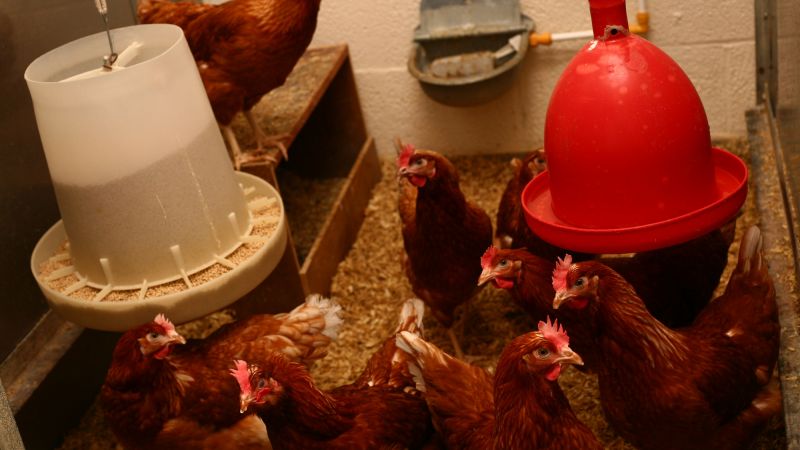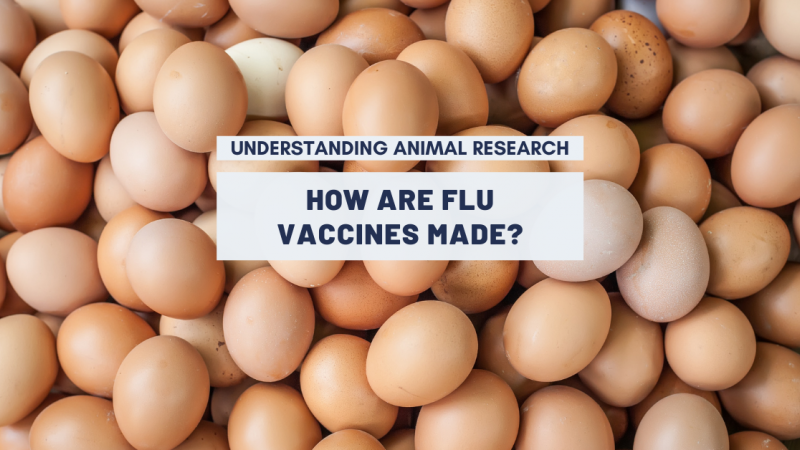Text to go here...
 Scientists have developed an experimental monoclonal antibody treatment. Using the treatment, they were able to neutralise a variety of flu germs in mice, including H5N1 avian flu.
Scientists have developed an experimental monoclonal antibody treatment. Using the treatment, they were able to neutralise a variety of flu germs in mice, including H5N1 avian flu.
Monoclonal antibodies are produced by the immune system in response to foreign entities, such as viruses. They work by neutralising the virus, providing lasting immunity specific to the strain. However, the problem with the flu virus is that it constantly mutates into new strains, so new flu vaccines are required each year.
The team identified a stem that supports the rapidly mutating head of the virus,. By searching a library of known human antibodies they were able to find existing antibodies that targeted this stem, which does not mutate so rapidly.
They administered the antibodies to one group of mice before exposure, and another group after exposure to the flu virus. Surprisingly, the antibodies proved effective when administered both before and after exposure and against a range of different flu viruses, raising the hope of being able to develop a single treatment to treat many different strains.
Because large quantities of this type of antibody can be made relatively quickly, it could be used in combination with antiviral drugs to prevent or treat flu during an outbreak.
Last edited: 10 January 2022 16:14




